On a brisk day in the Fall of 2010, fate struck — I arrived to work scheduled to serve a private party for Gloria Steinem. As a waitress at Fred’s at Barney’s New York, celebrity clientele was the norm. Nevertheless, that afternoon was my first encounter with a prominent women’s rights activist. At the time, I was a senior at DePaul University and heavily entrenched in the critical, intersectional analysis of cultural and gender disenfranchisement. Awestruck by her unexpected presence, I do not remember much about the experience given my overwhelming excitement.
My undergraduate and graduate studies thoroughly uncovered various gender inequalities. From historical prejudices to problematics of socialization to disproportional access to opportunity, it became empirically evident that my identity as a women left me at a societal disadvantage.
As the data I uncovered revealed these truths, I started to feel as if it was “wrong” for me embody feminine characteristics.
My interpretation of feminism became suppressing my sexuality, building my career over starting a family, and fighting for my place at the “top” of the capitalistic hierarchy. In short, elevating gender “equality” meant embodying stereotypical masculine qualities: independent, aggressive, tough, competitive, and so on and so forth. With this understanding, I made it my personal responsibility to promote gender “equality” through my work.
After graduate school, I spent two years working full-time in yoga — I stepped down because felt as if I should be doing “more” professionally. I transitioned to a short-stint working for a burgeoning company. Then, I independently launched a consulting agency. I started The Julia Sparkman Agency to prove something (to myself).
After The Julia Sparkman Agency gained traction, I met Alex. Our relationship shifted all of my perspectives. For the first time, being a woman in the stereotypical sense felt good — to be soft, vulnerable, and supported — it is beautiful. For years, I thought I needed to be strong and do it all myself. It is unbelievably nice to have a man that can care for me, while he simultaneously encourages me to follow whatever path feels intuitively best.
With that said, today, being a feminist means making informed, authentic choices.
Cultivating my divine feminine energy means giving myself space to feel and to openly express myself. It means appreciating some of the stereotypical aspects of being a female and neglecting some of the others.
Feminism means embracing that my story will differ from other women’s stories.
Constructing my own understanding of feminism, I personally reflect less on professional choices and more on lifestyle and self-fulfillment. For years, I thought it was crucial that I up-leveled women’s ability to earn and take on similar roles to our male counterparts.
Today, I am less concerned with my title and more concerned with the legacy of my work. As a feminist in 2016, it’s imperative I empower women to make decisions that align with their intuition and to worry less about what others’ think and to trust the outcome of their choices.
The more I can cultivate a space for others to create a life that works for them, I truly believe I am uplifting the lives of both women and men.
To uplift — that’s feminism.

